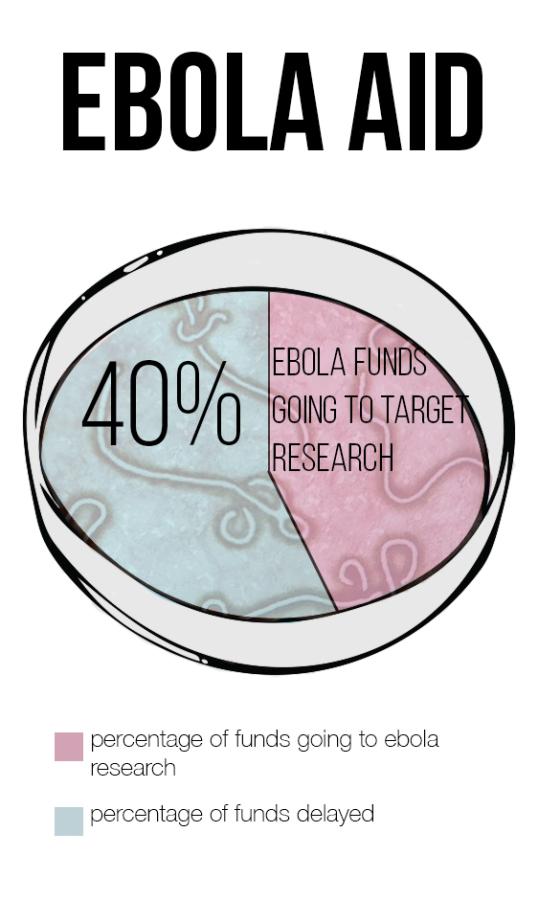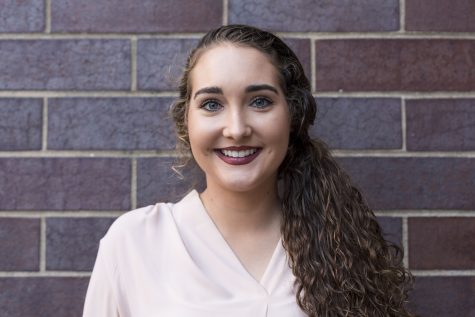60% of Ebola aid not reaching affected region
February 10, 2015
According to a study released on Feb. 3 by the United Nations Office for the Coordination of Humanitarian Affairs, only 40 percent of the funds that were sent to help control the spread of Ebola in West Africa reached the intended destinations.
The study, led by NYU professor Karen Grépin, tracked the levels and timing of donor contributions for humanitarian assistance using data from the OCHA’s Financial Tracking System. Grépin compared the findings to the level and timing of appeals made by leaders of the international community to address the outbreak. The findings reveal discrepancies between received donations and the time of their official use.
Grépin said the overall donor response was generous, and the number of donations pledged was more than substantial.
“As of Dec. 31, 2014, donors had pledged $2.9 billion in resources, substantially more than the [demand] by international leaders to that point,” Grépin said.
Grépin said donor reply was rapid, yet the amount of time between receiving the donations and putting them to use was far too long.
“There were delays in the transfer of these resources to countries, which I attribute to two factors: a delay by international leaders in appealing for resources and the delays in transferring these resources to countries,” Grépin said. “By the end of 2014, only 40 percent of pledges had actually been paid out to countries.”
Grépin added that these delays may have had significant impact on the spread of Ebola, in the most recent outbreak, which has killed 9,000 people.
“These delays likely contributed to the ongoing spread of the virus and have likely driven up the eventual price tag of getting this outbreak under control,” said Grépin.
CAS freshman Carly Richardson, who read the study online, was surprised by its findings.
“I was so shocked when I read professor Grépin’s work,” Richardson said. “I had no idea the funds weren’t making it to where they were supposed to.”
CAS sophomore Tim Davidson said he was disappointed that donations did not reach countries in dire need of monetary support.
“People pledged donations for a reason,” Davidson said. “It’s shameful to see that the money has not been put to its intended use.”
CAS freshman Shelby Philp said she struggled to understand the reason for the delay in resource allocation.
“It’s clear that lack of funding is not the problem in helping fight this disease,” said Philp. “It’s the improper use of resources that is the real dilemma.”
A version of this article appeared in the Tuesday, Feb. 1o print edition. Email Lexi Faunce at [email protected].























































































































































